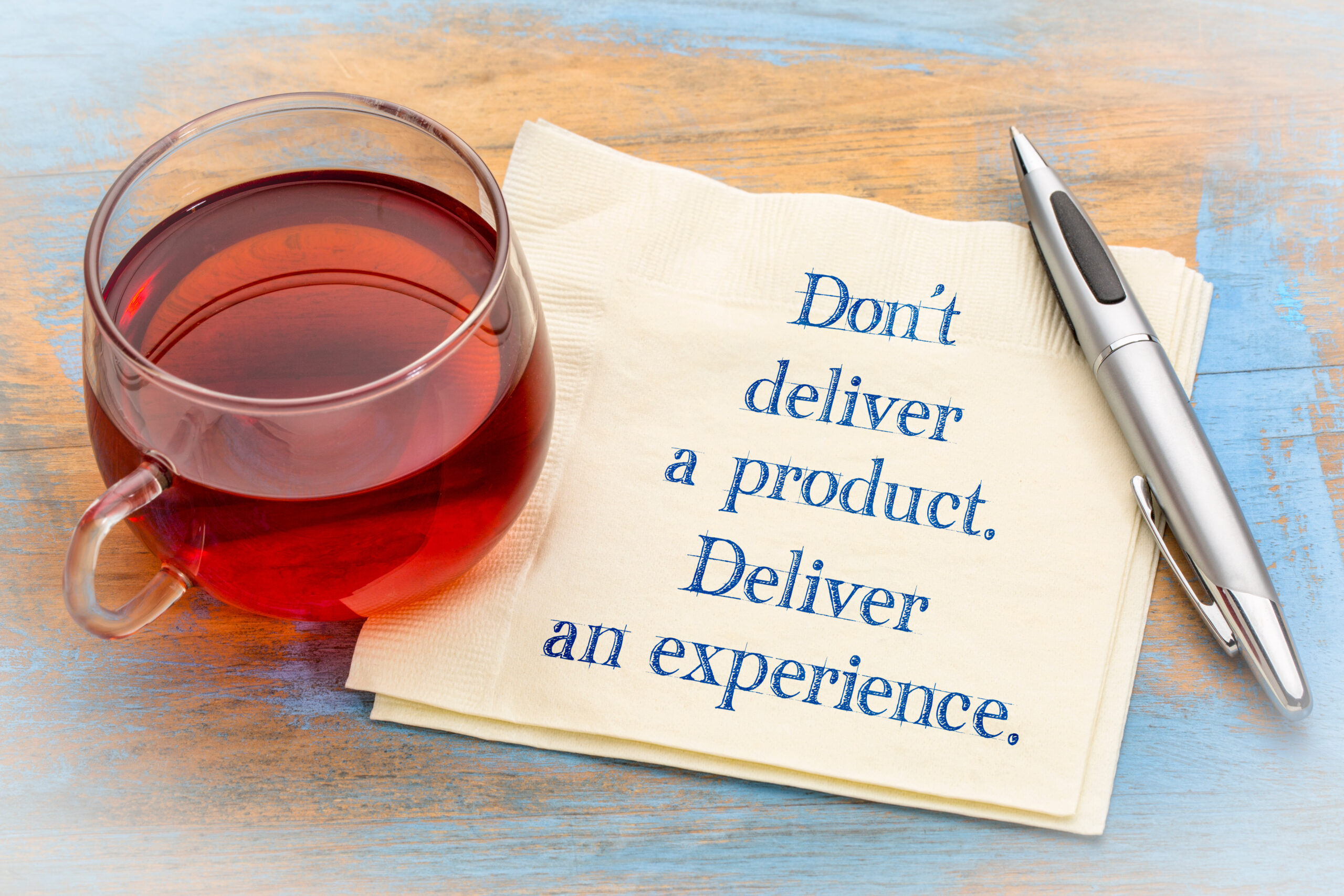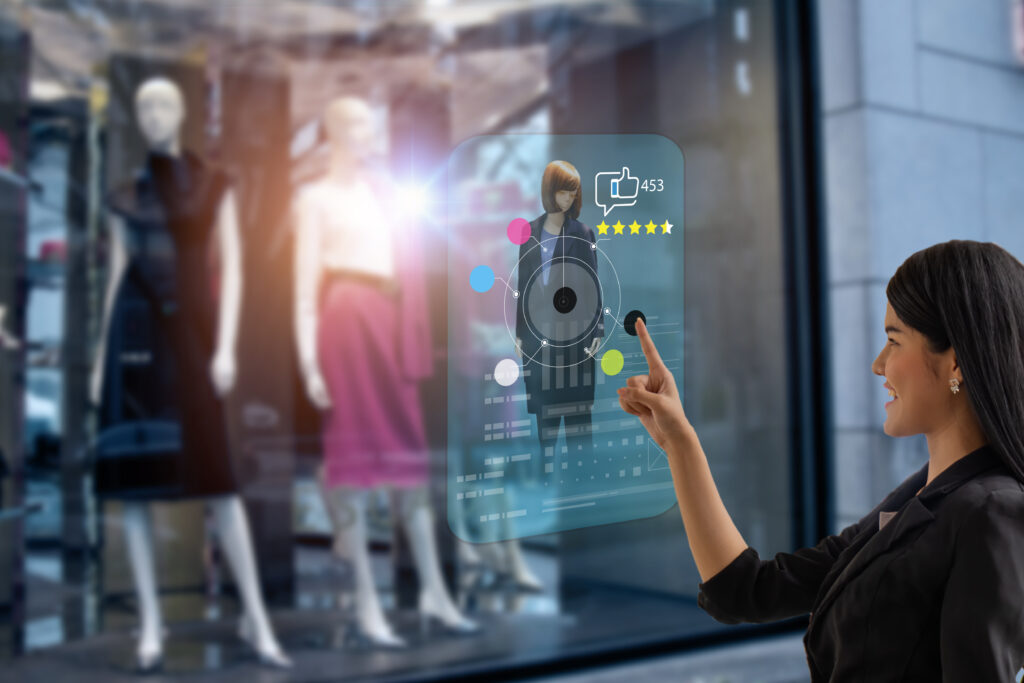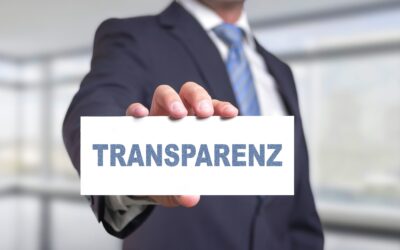“People are always going to go shopping. A lot of our effort is just ‘how do we make the retail experience a great one?” – Phillip Green, Chairman, Arcadia Group.
Experiential retail is an effective way of engaging customers and building relationships with them. It involves creating an immersive experience that customers can enjoy rather than buying in-store products. This retail type aims to create an emotional connection with the customer and make them feel valued. Examples of experiential retail include interactive displays, virtual reality experiences, and in-store events. This blog explains experiential retail and how providing shoppers with unique experiences can build loyalty and strengthen customer relationships.
What is experiential retail?
Experiential retail is the process where retailers create memorable experiences for shoppers. The aim is to actively engage customers by encouraging them to participate in brand-sponsored events/activities, live and in person.
What is the purpose of experiential retail?
In the hyper-competitive age wherein consumers are saturated with choices, brick-and-mortar retailers must find unique ways to stand out. Experiential retail offers retail businesses this opportunity. It is a personalized way to interact with customers beyond the transactional nature of the retail environment. Experiential engagement allows retailers to develop personal connections and create a community of loyal and enthusiastic customers who invest emotionally in their preferred brands.
Does experiential retail deliver results?
- 32% of consumers will likely engage with in-store experiential moments (Shopify).
- 40% of brands say offering experiential retail would be their top priority in 2022-23(Shopify).
- 46% of brands are investing in showrooms over the next year to improve in-store experiences(Shopify).
Examples of Experiential Retail Events
There are many types of experiential retail events. Retail brands typically host these events live to create a memorable experience for shoppers. One common thread across experiential events is the creation of attractive and welcoming environments. This is achieved through event planning, layout design, organization, cleanliness, timing, and atmospherics. In short, the store must project that brand’s identity. The following are examples of experiential retail events that have proven to achieve results:
Pop-up Retail shops
Pop-up shops are temporary retail spaces that open for a short period. Retail businesses use these stores to introduce products in new locations, test marketing and promote active customer engagement. Studies have found that:
- 80% of global retail companies that have opened a pop-up store said it was successful (MC-2)
- 58% are likely to use pop-up stores as a promotional tactic again. (MC-2)
Pop-up stores are cost-effective, allowing businesses to gain product feedback from current customers and exposure to new ones.
In-store MasterClasses
Masterclasses are immersive online experiential learning opportunities conducted by knowledgeable practitioners. The key components of a Masterclasses include:
- Are often one-time events
- Are taught by an expert
- Are short and focused
- Carries more niche value
Teaching masterclasses are presentation-oriented and interactive events. They allow the audience to experience products first-hand, ask questions and get feedback.
In-store Product Presentation
In-store presentation utilizes goods and materials to promote product sales currently in-store and on display. In addition, product presentation attracts shopper interest in the physical environment by making it more visible and accessible. In-store product presentations aim to match a customer’s needs and desires with product features and benefits.
When selecting products to show consumers, in-store presentations create a personalized shopping environment wherein brand representatives can match shoppers’ needs and price ranges to product offerings. Additionally, in-store displays allow salespeople to deal with customer objections or doubts in real-time.
Hosting Community Events
Retail businesses that decide to host community events allow brand reps, store employees, and managers to spend quality time with the target audience. Further, these events facilitate the development of genuine relationships with customers, community leaders, and other stakeholders.
- 47% of consumers were more likely to purchase from a brand due to its local presence (Shopify).
Community events also provide an informal forum to gain product and service feedback and discuss customer-specific needs or issues.
Experiential Retail Summarized
Experiential retail is the immersive experience that brick-and-mortar retailers give shoppers. Thus, when retailers offer an enjoyable and entertaining shopping experience, they can attract customers looking for more than just a transaction. Therein, experiential retailing can be a powerful tool to build customer loyalty and drive sales.
“Our brands—Nike, Converse, Jordan Brand, and Hurley—are loved by customers all over the world. But we never take that for granted; we know that every day we have to earn their trust—by serving them completely and adding real value to their lives through products and experiences.” – Mark Parker, CEO, Nike.
Experiential retail can create a higher degree of customer engagement and satisfaction. It also helps to develop stronger relationships with existing customers while, at the same time, attracting new ones. Retailers should also consider ways to use technology, like virtual reality experiences and interactive displays, as a tool for engaging with customers. By creating these unique experiences, retailers can give their customers something memorable and valuable. Experiential retail is an excellent way to enhance customer loyalty and boost brand perception among potential consumers. With the right strategy and execution, retailers can use experiential retail to take their business to the next level.
Thank you for reading our article!
TimeWellScheduled is a secure online time and attendance software 100% tailored to meet your scheduling needs! In addition, TimeWellScheduled facilitates employee attendance tracking & payroll tasks and enhances staff management capabilities. Plus, our service is free for up to 10 employees!
Click: here to download our (Excel) employee scheduling template: it’s free!






